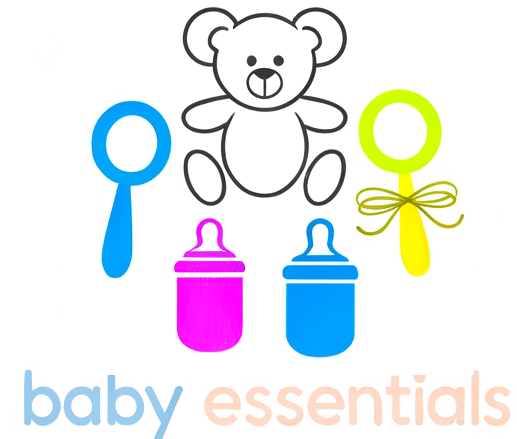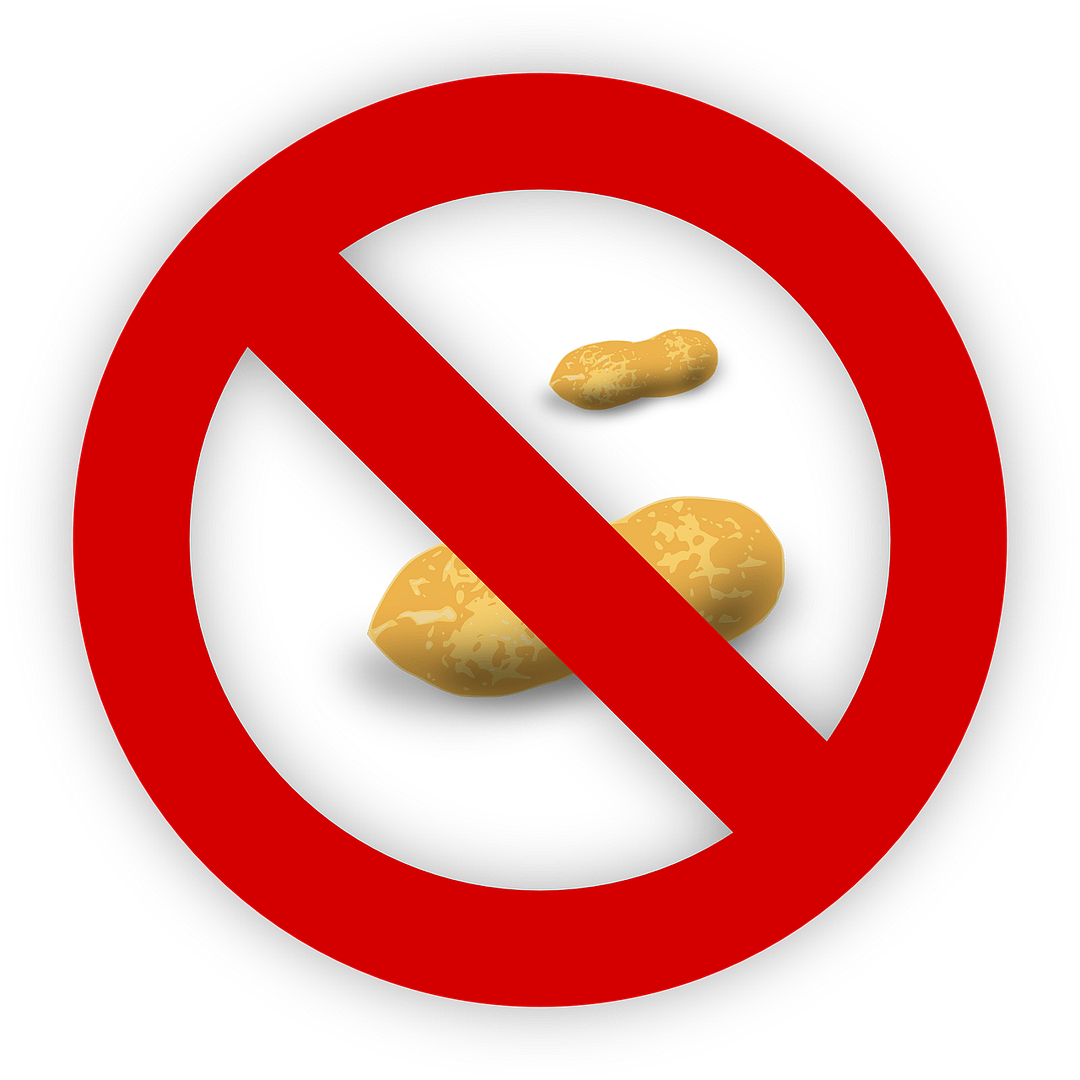Food allergies in babies are a growing concern for many parents, especially as we learn more about how and when they develop. If you’re a first-time parent or simply worried about your little one’s reaction to new foods, you’re not alone. This comprehensive guide will help you understand baby food allergies, recognise the symptoms, and learn practical strategies for prevention and management.
What Are Food Allergies?
A food allergy is an abnormal immune response to a specific food protein. In babies, the immune system mistakenly identifies certain proteins as harmful, triggering a range of symptoms that can affect the skin, digestive system, or even breathing. Food allergies differ from food intolerances, which do not involve the immune system and are generally less severe.
How Food Allergies Develop in Babies
Food allergies often develop when a baby’s immune system is still maturing. Genetics play a role; babies with a family history of allergies, eczema, asthma, or hay fever are at higher risk. Early exposure to certain foods, the timing of introduction, and environmental factors can also influence allergy development.
Why Early Identification Is Important
Early identification of food allergies is crucial for your baby’s health and safety. Recognising symptoms early allows for prompt management, reducing the risk of severe reactions and supporting healthy growth and development. It also helps parents and caregivers make informed decisions about feeding and care.
Common Symptoms of Food Allergies in Babies
Food allergy symptoms in babies can range from mild to severe, and may appear within minutes to a few hours after eating the trigger food. It’s important to know what to look for, as symptoms can affect different parts of the body.
Skin Symptoms
- Red, itchy rash (hives or urticaria)
- Patches of red, itchy, or cracked skin
- Swelling of the lips, face, or around the eyes
- Eczema flare-ups
Digestive Symptoms
- Vomiting
- Diarrhea
- Stomach cramps or pain
- Constipation (less common)
Respiratory Symptoms
- Wheezing or coughing
- Shortness of breath
- Runny or blocked nose
- Sneezing
Other Symptoms
- Itchy throat or tongue
- Sore, red, or itchy eyes
- Difficulty swallowing
- Anaphylaxis (rare but severe): sudden difficulty breathing, swelling, drop in blood pressure, or loss of consciousness
High-Risk Foods for Allergies
While any food can potentially cause an allergy, certain foods are responsible for the vast majority of reactions in babies and young children.
Most Common Food Allergens
- Cow’s milk and dairy products
- Eggs
- Peanuts
- Tree nuts (e.g., almonds, cashews, walnuts)
- Fish
- Shellfish (e.g., shrimp, crab)
- Soy
- Wheat and other gluten-containing grains
- Sesame
Who Is at Higher Risk?
- Babies with moderate to severe eczema
- Babies with existing food allergies
- Babies with a family history of allergies, eczema, asthma, or hay fever
If your baby falls into any of these categories, consult your GP or paediatrician before introducing high-risk foods.
Introducing High-Risk Foods: How and When
Current research shows that introducing allergenic foods early, around 4 to 6 months of age, may reduce the risk of developing allergies, especially for peanuts and eggs. Delaying introduction beyond 6 to 12 months may actually increase the risk.
Safe Introduction Tips
- Introduce one new food at a time, in very small amounts (e.g., a quarter teaspoon).
- Offer the new food early in the day so you can watch for reactions.
- Wait 2-3 days before introducing another new food.
- Keep allergenic foods in your baby’s diet regularly (e.g., 1-2 times per week) if tolerated.
- Never give whole nuts or chunky nut butter to babies (choking hazard). Use smooth nut butter thinned with water or ground nuts.
- Always supervise your baby during and after feeding.
If your baby is at high risk, discuss early introduction with your healthcare provider. Some babies may need allergy testing or supervised introduction.
Prevention Strategies for Food Allergies
Recent evidence suggests that certain strategies can help prevent food allergies in babies, especially those at higher risk.
Breastfeeding and Formula Feeding
- Exclusive breastfeeding is recommended for around the first 6 months of life for its many health benefits, but there is no strong evidence that it prevents food allergies.
- There is no need for mothers to avoid allergenic foods during pregnancy or breastfeeding unless they themselves are allergic.
- If your baby has a diagnosed cow’s milk allergy and is not being breastfed, they may need a special formula. Consult your GP.
Early and Regular Exposure
- Introduce allergenic foods early (4-6 months) and keep them in your baby’s diet regularly if tolerated.
- Do not delay the introduction of peanuts, eggs, or other common allergens beyond 12 months.
Managing Eczema
- Well-controlled eczema may reduce the risk of developing food allergies.
- Babies with severe eczema should be assessed by a healthcare provider before introducing allergenic foods.
Food Allergy vs. Food Intolerance
It’s easy to confuse food allergies with food intolerances, but they are very different:
Food Allergies
- Involve the immune system
- Symptoms can be immediate and severe (e.g., hives, swelling, vomiting, anaphylaxis)
- Even tiny amounts can trigger a reaction
- Always requires strict avoidance of the allergen
Food Intolerances
- Do not involve the immune system
- Symptoms are usually digestive (e.g., gas, bloating, diarrhoea, cramps)
- Often dose dose-dependent small amounts may be tolerated
- Rarely life-threatening
When to Seek Medical Help
If you suspect your baby has a food allergy, or if you notice any of the following symptoms after eating, seek medical advice:
Call Emergency Services Immediately If:
- Your baby has trouble breathing, wheezing, or persistent coughing
- Swelling of the face, lips, tongue, or throat
- Sudden drowsiness, confusion, or loss of consciousness
- Severe vomiting or diarrhoea with other symptoms
Anaphylaxis is a medical emergency. Call 999 (or your local emergency number) immediately.
Contact Your GP or Pediatrician If:
- Your baby develops a mild rash, hives, or digestive symptoms after eating a new food
- You have concerns about introducing allergenic foods
- Your baby has eczema or a family history of allergies
Your doctor may refer you to an allergy specialist for further testing.
Diagnosing and Managing Food Allergies in Babies
Allergy Testing
- Skin prick testing: A small amount of allergen is applied to the skin to check for a reaction.
- Blood tests: Measure specific IgE antibodies to suspected allergens.
- Food elimination diet: Removing and then reintroducing suspected foods under medical supervision.
- Oral food challenge: Supervised feeding of the suspected allergen in a controlled setting.
Allergy testing can be safely performed even in very young infants by specialists.
Managing Confirmed Food Allergies
- Strictly avoid the confirmed allergen(s).
- Read food labels carefully and ask about ingredients when eating out.
- Inform caregivers, nursery staff, and family members about your baby’s allergies.
- Carry prescribed emergency medication (e.g., epinephrine auto-injector) if your baby is at risk of severe reactions.
- Work with your healthcare provider to ensure your baby’s diet remains balanced and nutritious.
Some children may outgrow certain allergies (e.g., milk, egg, soy, wheat), but others (e.g., peanuts, tree nuts, fish, shellfish) may be lifelong.
Practical Tips for Parents
- Introduce new foods one at a time and in small amounts.
- Keep a food diary to track your baby’s reactions to new foods.
- Offer allergenic foods at home, not at daycare or restaurants, for the first few times.
- Pick a time when your baby is healthy and you can observe them for a couple of hours after eating.
- Don’t be afraid to ask your healthcare provider questions or request a referral to an allergy specialist.
- Remember, many food allergies in babies are outgrown, and with the right support, you can keep your child safe and healthy.
Conclusion
Food allergies in babies can be worrying, but with the right information and support, you can confidently introduce new foods and recognise the signs of a reaction. Early introduction of high-risk foods, regular exposure, and careful observation can help prevent allergies and ensure your baby’s diet is varied and nutritious. If you have any concerns, always consult your healthcare provider. They are there to help you and your baby thrive.
For more information: Visit the NHS, CDC, or WHO websites, or speak with your GP or paediatrician.
Sources
- NHS: Food allergies in babies and young children
- CDC: Food Allergies
- WHO: Infant and young child feeding
- Johns Hopkins Medicine: Food Allergies in Children
- Healthline: Food Allergies in Babies
- Pampers: Baby Food Allergies
- Seattle Children’s Hospital: Food Allergies
- Solid Starts: Introducing Allergens
- EAACI: Early Introduction of Allergenic Foods
- Yale Medicine: Food Allergies in Children
- LEAP Study: Learning Early About Peanut Allergy
- Ella’s Kitchen: Allergy Advice
- South Shore Health: Food Allergies in Babies
- Nationwide Children’s: Food Allergy vs. Food Intolerance
- KidsHealth: Food Allergies
- NARF: Anaphylaxis
- Childhealthy: Food Allergies in Babies
- London Allergy Clinic: Allergy Testing

